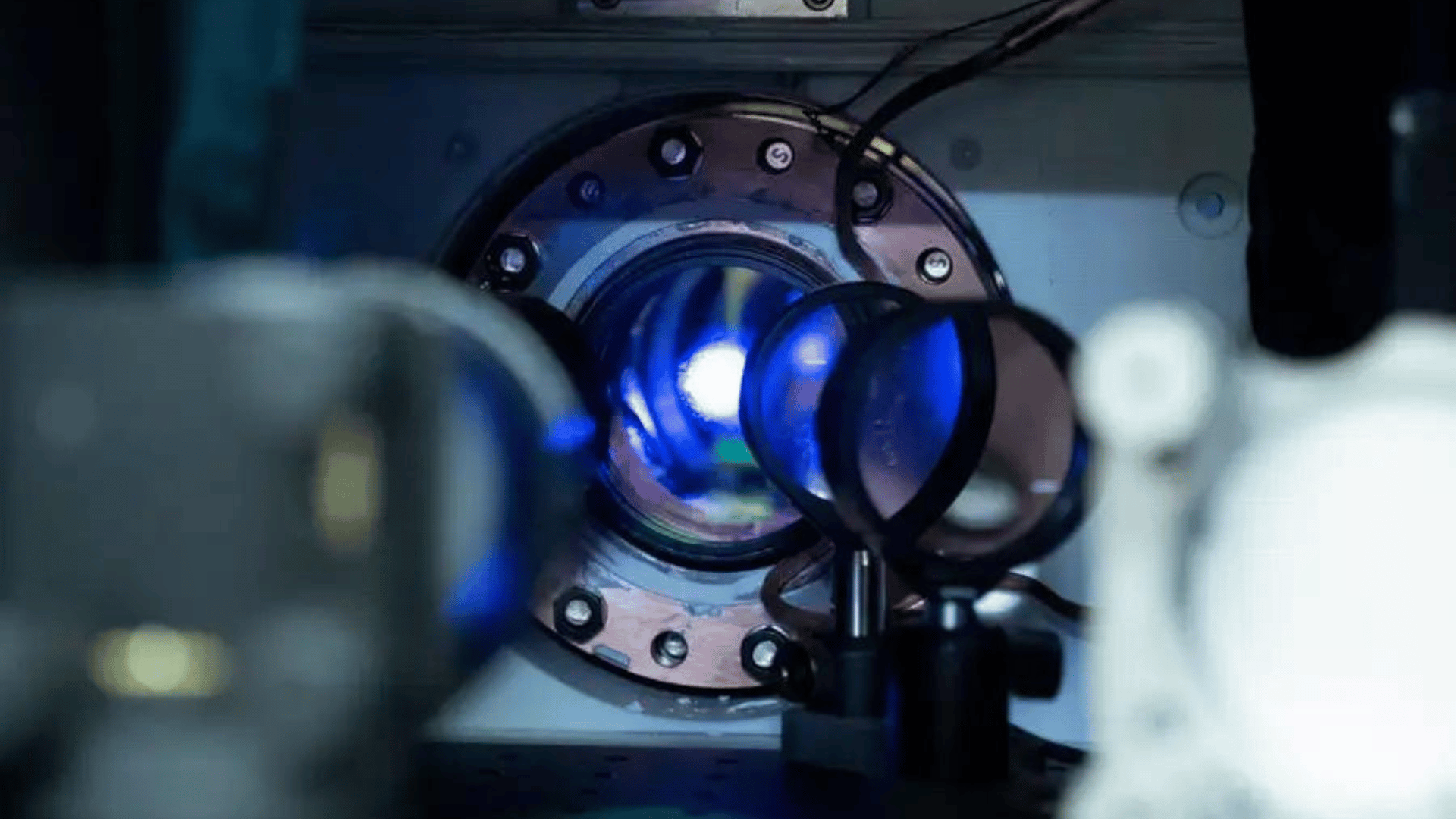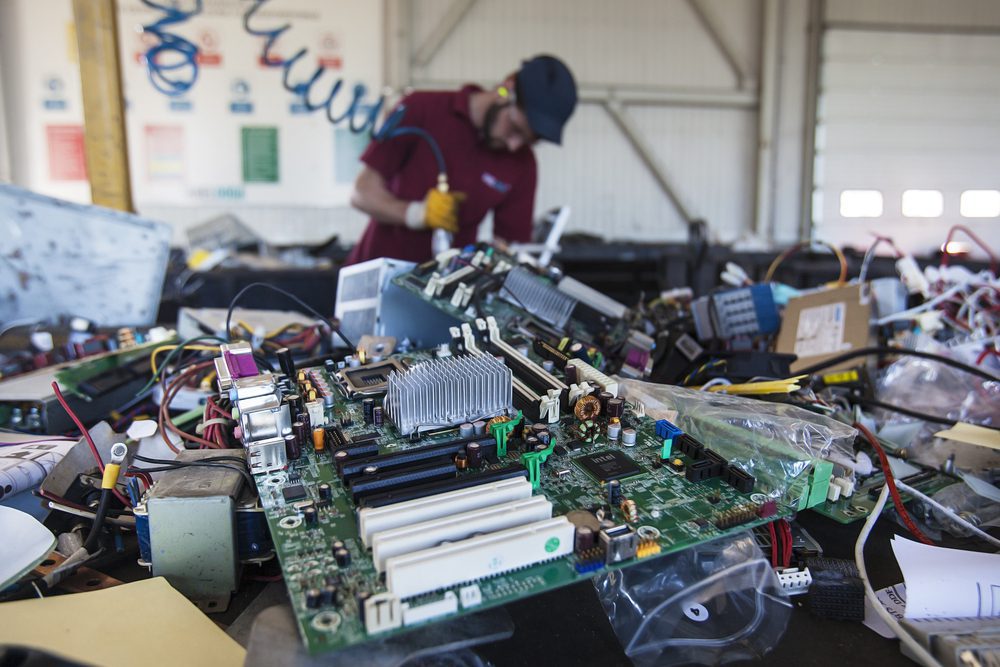Researchers have created the world’s most precise clock, which has an uncertainty of about 8 parts per tenth of one billionth of a billionth. This level of precision is so small that it would take the clock slightly less than three times the age of the universe, or 39.15 billion years, to lose a single second.

This means that the sun could live and die four times and this clock would only lose a single second. Yet to undergo peer review, this is an optical lattice clock that uses 40,000 strontium atoms trapped in a one-dimensional lattice.
The atoms in the clock are kept a fraction of a degree above absolute zero and the ticking of this clock is a transition between specific energy levels for the electrons in this atom.
The team has been developing optical atomic clocks for years, reaching precision that is impossible with regular atomic clocks that use cesium atoms. Over the last several years, the team has moved forward in constraining uncertainties and systematic effects to improve the precision of this device.
Explore Tomorrow's World from your inbox
Get the latest science, technology, and sustainability content delivered to your inbox.
I understand that by providing my email address, I agree to receive emails from Tomorrow's World Today. I understand that I may opt out of receiving such communications at any time.
“We’re playing a bunch of tricks to make it the most accurate clock we possibly can,” stated lead author Alexander Aeppli, from the University of Colorado Boulder.
As researchers have improved the precision by a factor of 10 in a few years, they believe they can become even more precise. They hope to reach 10 times more precise measurements and potentially reach levels 100 times more precise.
These clocks are expected to bring forth a new definition of the second, no longer based on the best atomic clock but on one of these devices. The sensitivity of optical lattice clocks is 1,000 times higher which means they can also be used to measure and test our theory of gravity and study dark matter.
“There will be very interesting discoveries that are waiting for us if we get to the times that are sensitive to the very small space-time curvature,” said senior author Professor Jun Ye told IFLScience when it was announced he had won the 2022 Breakthrough Prize in Fundamental Physics.







